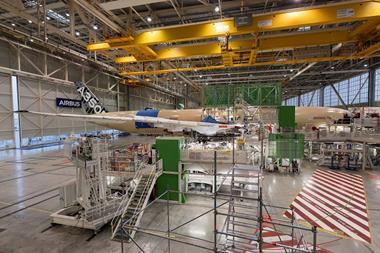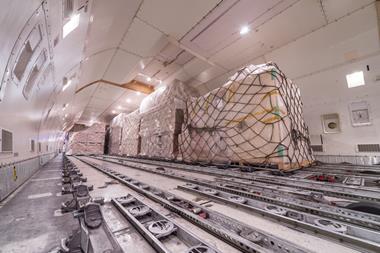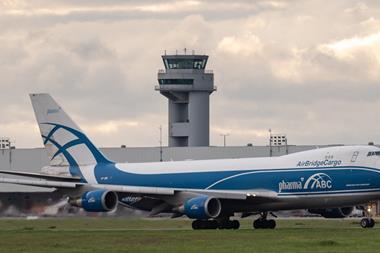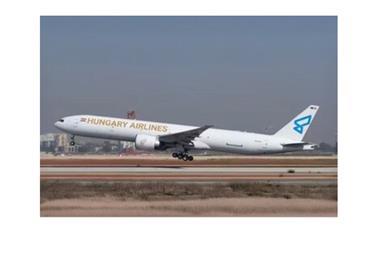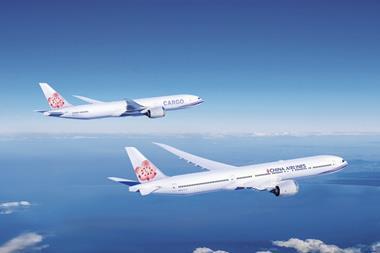Express giant FedEx will cut its freighter capacity in response to weaker macroeconomic conditions.
Speaking after the company announced its fiscal first-quarter results, FedEx chairman Fred Smith said the airline would retire 20 MD-10-10 aircraft over the current and next fiscal year to eliminate that fleet type from its operation.
Meanwhile, it was also “highly likely” that it would axe its remaining 10 A310 aircraft this year to exit that fleet type.
“In addition, we are parking the equivalent capacity of seven MD-11 aircraft this fiscal year,” he said.
The reduction comes as the company reports a continued softening in the global macro economy.
FedEx Express chief executive and president Raj Subramaniam explained further: “We expect the current softness in air cargo demand to continue into calendar year 2020.
“As such, we will take action to reduce our intercontinental flights after our peak season to better match supply to demand.
“We have already decreased US domestic flight hours and we will be aggressively looking for additional opportunities.”
The delivery firm is also busy renewing its fleet, adding Boeing 777F and B767F aircraft, which have lower operational costs than the aircraft they will replace.
Smith added that every time the company adds a B767, and to a lesser degree a B777, it is accretive to earnings because reliability goes up and costs are lowered.
-FedEx exits ground shipping contract with Amazon
-FedEx adds its first B767F to its European network
-FedEx sues US government over Chinese export rules
-Fred Smith of FedEx slams ‘protectionist’ US trade policy
It is not just in the air that the company is looking to reduce costs – it is taking similar actions on the ground.
This includes deferring non-critical hiring, limiting discretionary spending and implementing structural cost initiatives.
The company is also increasing its use of automation and processing capabilities at two of its main hubs in Memphis and Indianapolis.
This will improve productivity and also help mitigate recruitment issues.
The company has also lowered its expectations for the year and saw its first-quarter profits slip.
Smith said that global macroeconomic conditions were taking their toll on performance.
He explained that the China-US tariff war was not only affecting the US, but Europe was also coming under pressure because a slowdown in China was having an impact on German exports to the Asian powerhouse.
FedEx has also been caught up in the spat between the US and telecom firm Huawei and has been backing out of its deals with e-commerce giant Amazon.
On Amazon, Smith listed the e-commerce company alongside UPS and DHL as one of its competitors.
He said FedEx has added additional business to make up for the loss of Amazon and this extra traffic would begin to flow through its financials over the coming months.
The company also continues to face costs associated with the integration of TNT.
First-quarter reported revenues were down slightly to $17bn, operating income slipped 8.8% year on year to $977m and net income fell 10.8% to $745m.
FedEx lowered its expectations for 2020 fiscal year to earnings per share of $10 compared with its previous expectation of $12.











